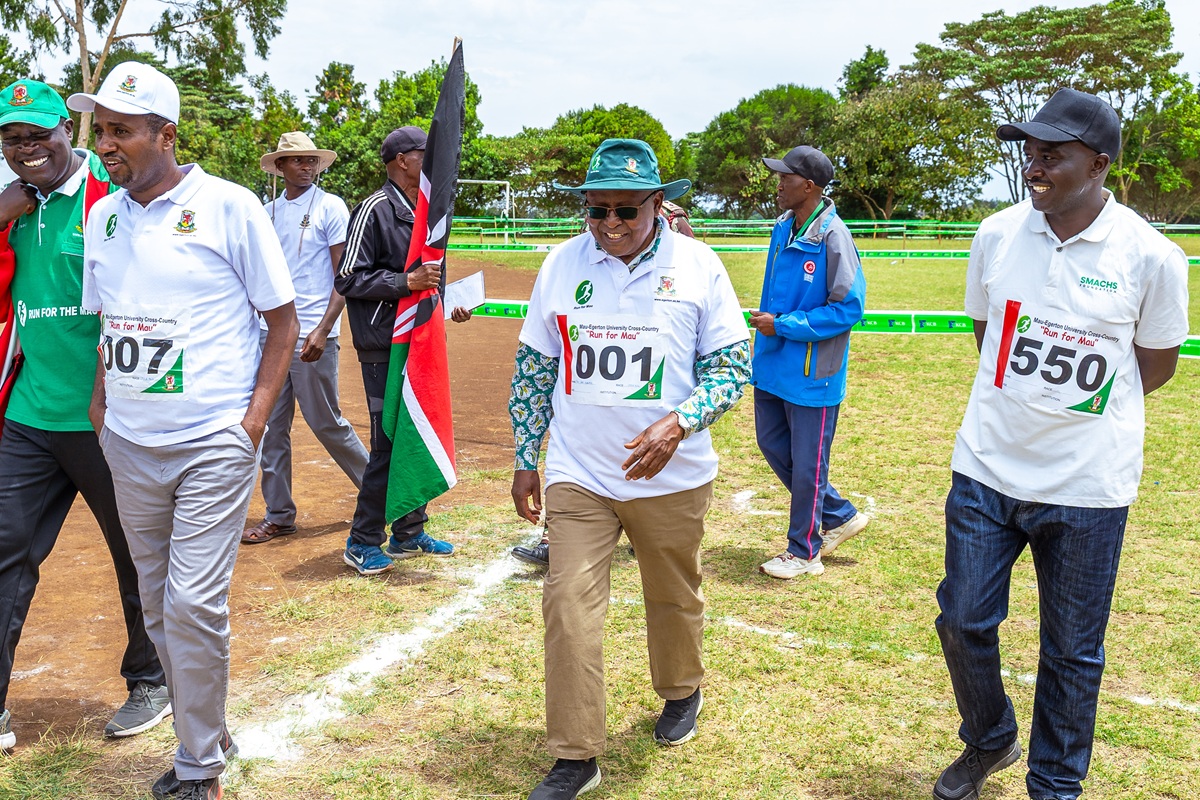About Us
Egerton University has a well established and equipped Library that serves the university’s learning and research information needs.
The vision of the Library is to become an excellent information centre for academic and research
activities of Egerton University community, by providing a conducive environment for reading
and learning.
To support teaching, learning and research information needs of Egerton University community
by providing access to information, disseminating relevant information resources and giving
quality user centred services.
The University Library’s mandate is to acquire, process, organize and disseminate information
resources in all formats (print and non-print) to support the teaching, learning and research
activities of the University.
HISTORY OF EGERTON UNIVERSITY LIBRARY
The History of Egerton University Library dates back to 1939 when Lord Egerton of Tatton donated 400 hectares of his farm to the government of Kenya for a farmers’ training school. The library opened its doors in 1939 with the objective of providing information services to the students in the farm school. At its inception the library served only (3) students who were admitted to the farm school then, but in March 1946 when the first nine-month certificate course was started with 45 students, the School Library user population increased to 45 students. The library started as a resource centre in a small room situated near the old board room and had a small collection of books kept in a cupboard. The cupboard also held a text book pool made up of multiple copies of various titles which were signed out to the students in the beginning of a semester when the course was being offered and returned at the end of the semester. The collection covered various aspect of agriculture, mainly in Africa. The library was manned by a volunteer Librarian known as Mrs. Barret.
In 1950 the school was upgraded to an Agricultural College offering two year diploma programmes and consequently, the school library became a College Library. The first college library building with a sitting capacity of about 100 was constructed and opened in 1967 by Honourable Tom Mboya. This is the building that currently hosts the computer science lab. The history of Egerton University dates back to the year 1939. Lord Egerton of Tatton donated 400 hectares of his farm to the government of Kenya for training farmers. The institution played an important role in providing short courses in general agriculture between 1939 and 1951. The need to train extension workers within the ministry of agriculture was realized and hence the institution was raised to the level of an agricultural college. Egerton College according to college catalogue (1982) had established 16 Diploma programmes.
Due to the high demand for library services, a proposal to construct an extension of the library was made to accommodate between 25,000 and 30,000 print books and journals with an additional sitting capacity of 200 readers. Construction of a one storied library building then started in 1980 with the expectation that it would hold 50,000 volumes of books and 600 users.
The Library collection has since grown to over 500000 print and electronic information resources and several faculty libraries.
ORGANISATION OF RESOURCES
Information resources are processed and organized using the internationally accepted standards like Library of Congress Classification Scheme and the Anglo American Cataloguing Rules which enhances easy access to the materials as well as resource sharing with other libraries. Through collaborations with other University Libraries and Library & Information Consortium, the library is able to share resources and subscribe to information resources at subsidized rates. The library has a rich collection of thousands of volumes of latest editions in various disciplines. It has 24 hours Internet connectivity through which electronic resources are accessed through the IP address for those within Campus and passwords for remotely located users. Using the AMLIB Library Management System, the Library has automated all its operations making information service more effective and efficient. Using 3M electronic Library Security System the library is able to safeguard against theft of library materials.
UNIVERSITY LIBRARY SYSTEM
The Library System currently comprises of the following Libraries;
- The Main Library, established in 1939, is located in Main Campus, Njoro;
- The Faculty of Arts & Social Sciences (FASS) Library established in 1994, is located in the FASS Complex in Njoro;
- The J.D. Rockefeller Library, established in 2000, is located at the Utafiti building, in Njoro;
- The Nakuru Town Campus College Library, established in 2001, is located next to Bawani building, along George Morara avenue in Nakuru Town;
- Faculty of Law Library (FoL) Library, established in 2015 in Nakuru Town Campus and later moved to Main Campus, Njoro
- The Faculty of Health Sciences (FHS) Library, established in 2007, is located opposite the Nakuru Provincial General Hospital;
- The Faculty of Education and Community Studies (FEDCOS) Library, established in 2012 is located at the FEDCOS Complex at Njoro;
- The Records Management and Archives Centre (RMAC), established in 2012, is located at Njoro in the FEDCOS Complex, at Njoro. RMAC is guided by the Egerton University







